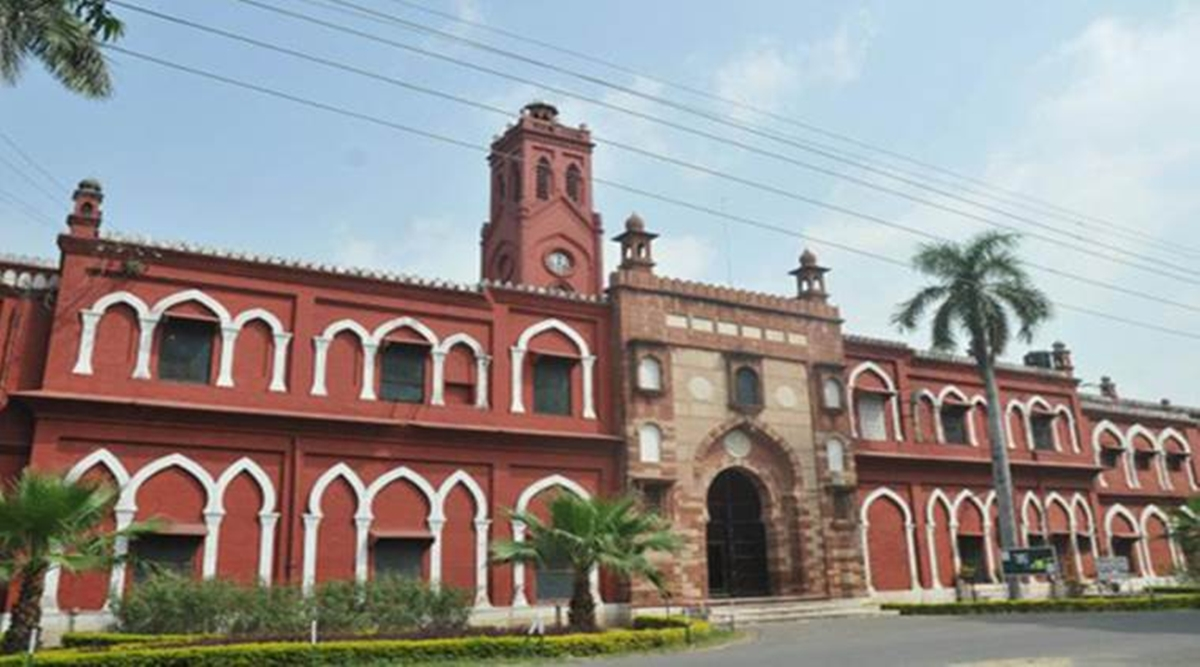Aligarh Muslim University in India has fallen victim to the divisive policies of the Bharatiya Janata Party (BJP). Under Modi’s governance, Muslim-majority universities have faced violence and attacks, reflecting a decade marked by sectarianism and hatred.
Despite recent criticism of Modi’s anti-Muslim rhetoric, he continued to espouse divisive language while campaigning for Aligarh MP Satish Gautam.
In recent years, conflicts within Aligarh University have become increasingly politicized, with the BJP emphasizing extremism over addressing employment issues. Students lament that education has been manipulated by the BJP, leading to a dearth of job opportunities and biased appointments in available positions. The government’s failure to address concerns, such as paper leaks and favoritism in job allocations, exacerbates the situation.
The BJP has stirred controversy by objecting to the display of Quaid-e-Azam Muhammad Ali Jinnah’s portrait and accusing the university of adhering to Taliban ideology. Additionally, the BJP’s objections to Muslim funeral rites and labeling of the university as a terrorist hotspot further escalate tensions.
Protests against discriminatory legislation, such as the Citizenship Bill, have been met with police brutality and arrests. Criticism of government policies, even in peaceful protests, is met with unwarranted condemnation, further marginalizing minority voices.
The unequal treatment of student protests, particularly comparing Aligarh Muslim University to Banaras Hindu University, highlights broader issues of minority discrimination. Pressure from BJP affiliates has halted student union elections since 2018, while funding cuts disproportionately affect universities catering to marginalized communities.
Since 2014, Aligarh Muslim University and Jamia Millia Islami University have faced budget reductions, contrasting with increased funding for Banaras Hindu University. This reflects a systemic bias against minority institutions and reinforces Hindutva ideology.
The targeting of educational institutions under the Modi government echoes the historical views of Atal Bihari Vajpayee and the RSS. Students from minority backgrounds face discrimination, with even their academic achievements being questioned.
The Modi government’s tactics exacerbate the oppression faced by minorities, particularly Muslims, and underscore the promotion of Hindutva ideology at the expense of inclusivity and diversity.










